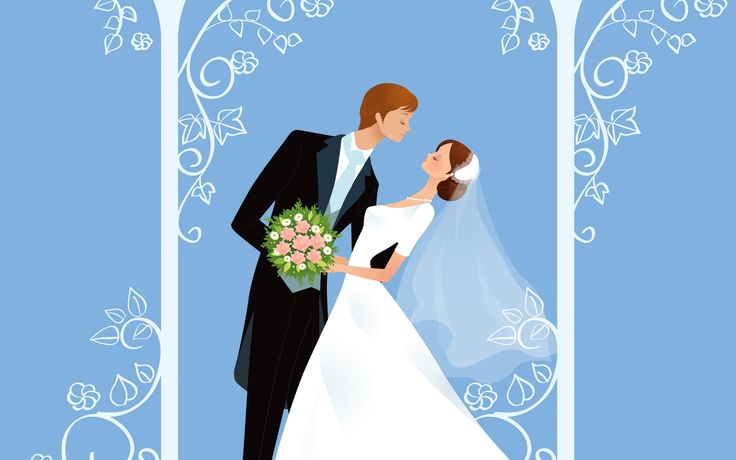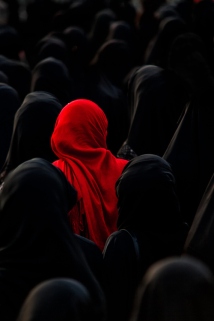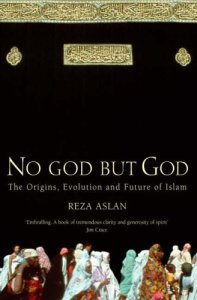So… I’m not sure how well acquainted the general public is with the idea of purity culture. It’s something that I was vaguely aware of though not to the extent that I can define it. Here in Malaysia we have it. And I’ve recently been hit with how pervasive it is in my Muslim community.
A few months ago I attended a talk entitled “Divine Love” at my university. It was pretty much the worst. I spent almost three hours listening to some misogynistic prat prattle on about love and what it means in Islam. At one point he called up one of the boys in the audience and asked him between marrying a virgin and a woman who has had sex outside of marriage, which would he choose. After a few minutes of hesitation the boy finally answered the former. It depresses me but I can’t say that I was surprised. People should be able to love whoever, whenever and however they want. They should be able to desire whoever, whenever and however they want as long as it’s consensual. But sex is dirty. Sexuality, especially if it’s female, should be kept under lock and key until you find a husband who then has the sole rights to your body. Because once you’ve lost your V-card you’re no longer pure. In the words of that misogynistic prat, “Why would a man want a woman who’s been defiled?” There’s a fucked up concept that underpins all this and that is the Madonna/Dichotomy. It manifests in a myriad of ways and lately it’s cropping up when I hear discussions about a certain topic.
Marriage.
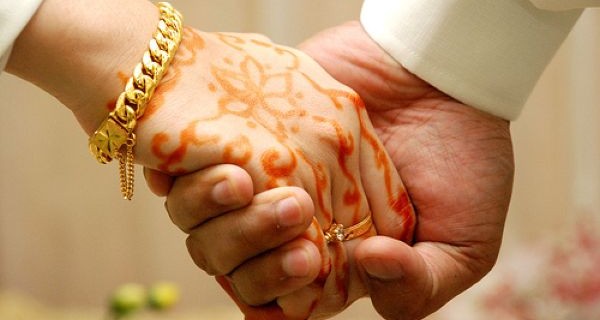
Every young woman’s fantasy. Or so it “should” be. The notion that it is natural for women to aspire to be a wife and mother is an ancient one and it is becoming increasingly thought of as “outdated”. More women are choosing to marry late or not marry at all. But there’s a growing trend of couples marrying early and this isn’t being addressed properly by society. My situation is further confounded by the fact that a growing number of my friends have started dating and marriage is now in their minds. Of course, they could be joking or at least not 100% serious, but still, seeing and hearing this being said by young women who I’ve grown up with and haven’t even reached 20 yet and how normalized it all is is unsettling to me. I feel this is because with changing expectations there is a tension between modernity and tradition. It comes from a host of interrelated social expectations that both men and women but particularly women have to be saddled with. There is the notion of following familial expectations of settling down. Marriages are very family-oriented where I come from. Then again women are still expected to be self-sufficient, educated and career-oriented, at least until you marry in which case you have various options, whether it is to be both a career woman and a homemaker, or eventually quit your job when the stress of being both is too much because who’s going to take care of the kids? At this moment I don’t want this life. Not that it’s guaranteed that this is the trajectory my life will take but the way I see it my options are limited because that’s all I’ve ever known from observing those around me. Surely I can still pursue something else that I can consider fulfilling without being pressured, implicitly or no, to tether myself to a man and a future that I’m not sure I can accept. And yet.
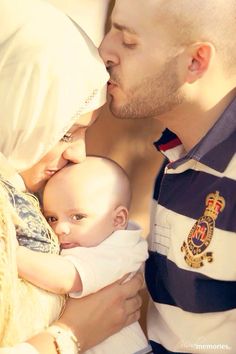
Don’t get me wrong, I get it. Women can succeed and be married with kids. They can be happy if they’re a stay-at-home mom. I appreciate marriage as something that ties you with someone you love. The institution just carries too much baggage for me. Maybe sex is becoming less of a taboo but it’s still confined between husband and wife. I wonder if it’s a cultural thing. I’m 19 and I’m still not fully aware of my sexuality. While it is religiously discouraged for me to be dating, I never got involved in a relationship out of my own volition (ironically, my mother was perfectly fine with it while other girls of my age group were moaning about their parents forbidding them to date). For a while I thought I was asexual but now I’m not so sure. Another thing that confuses me is what in the bleeding hell is this idea of “divine love” that people love to espouse these days? That love between humans somehow pales in comparison with love for God? People these days supposedly want to find their soul mates through their faith or something. Divine love is seen as being more pure because it doesn’t concern worldly matters. That desire is used as an excuse for men to choose women who are “pure” themselves. Who aren’t dirty. Because more than anything women are merely symbols of our faith.
What else can I say? On a completely unrelated note, there’s an interesting piece written by Rose’s Turn regarding an anime (because I have to make it about anime), Maria the Virgin Witch, which explores patriarchal ideals of sexuality here. I admit I stopped watching the show at episode 7, but after reading it I’m planning on picking it back up again.
Featured Image from Pinterest.
